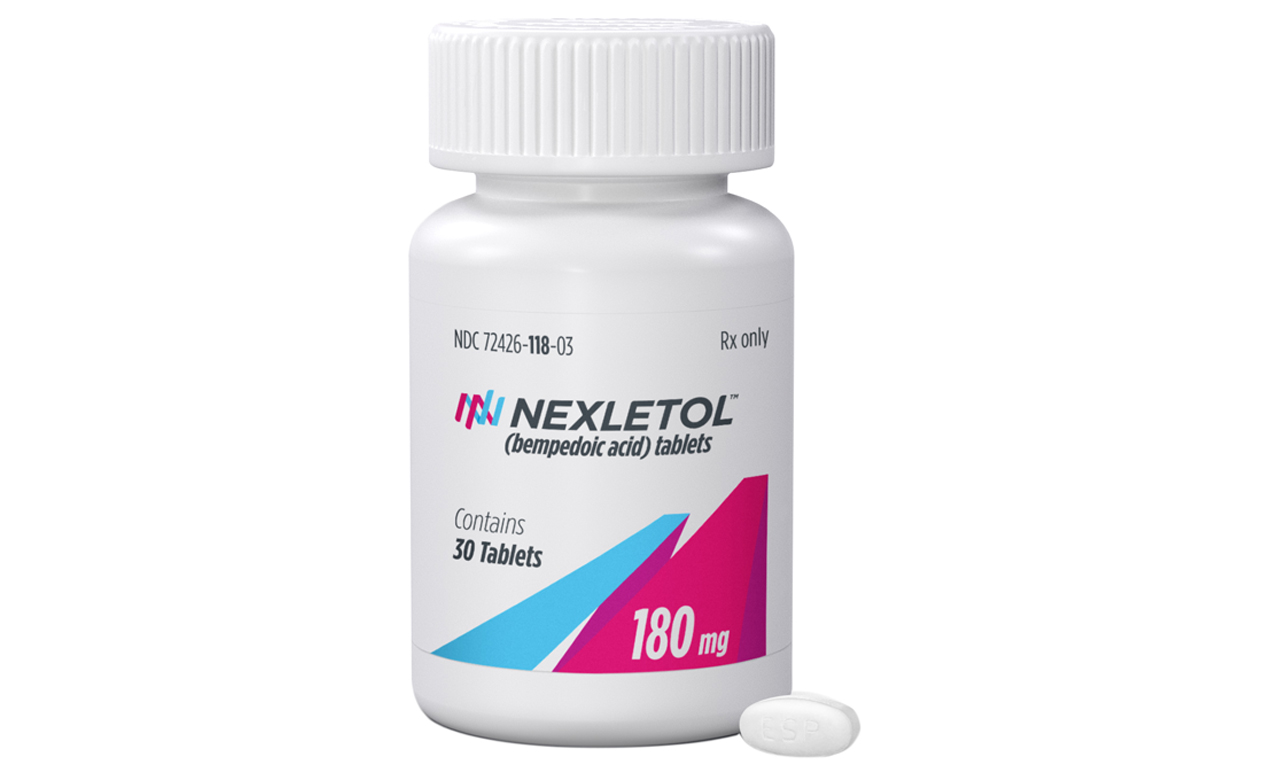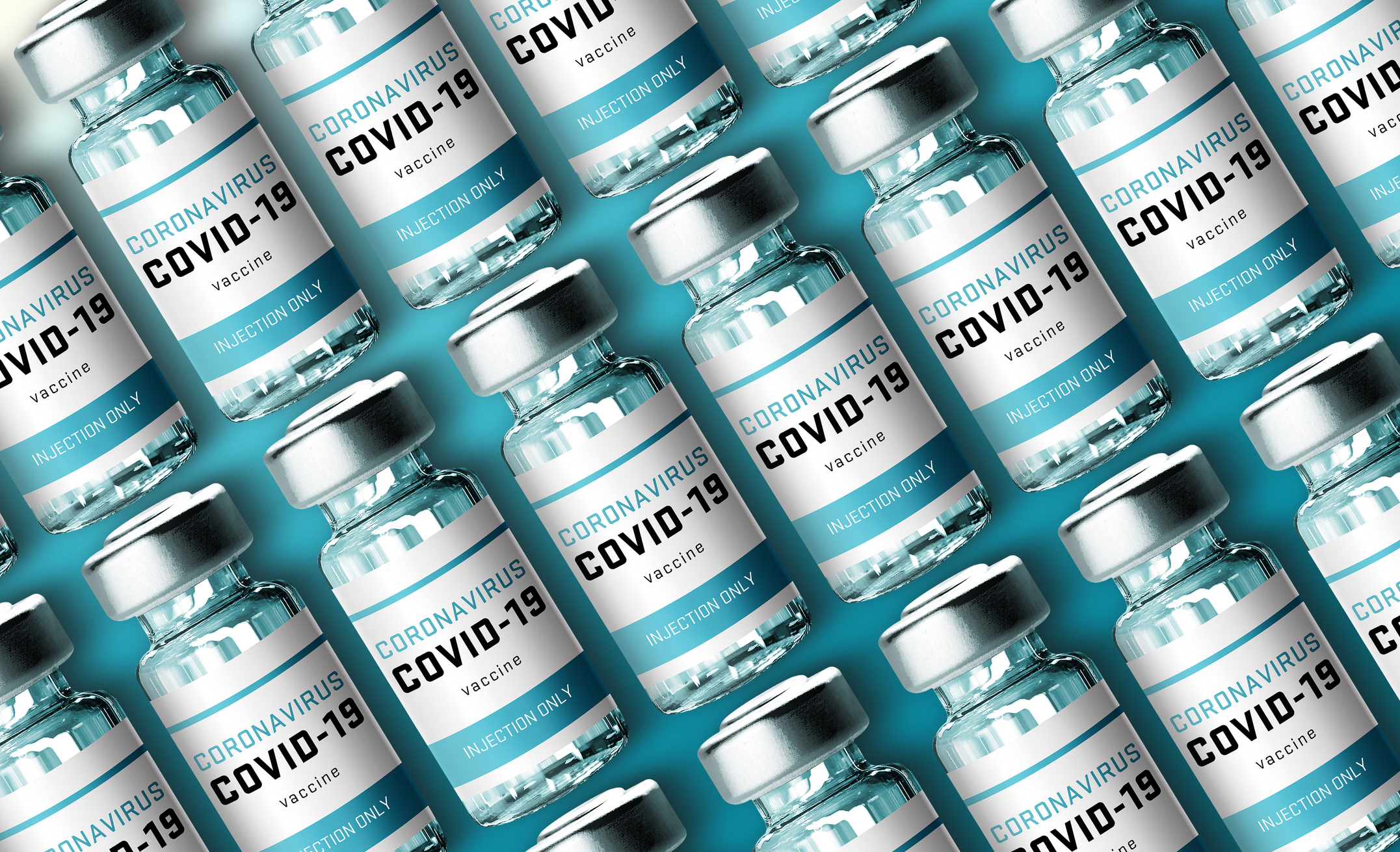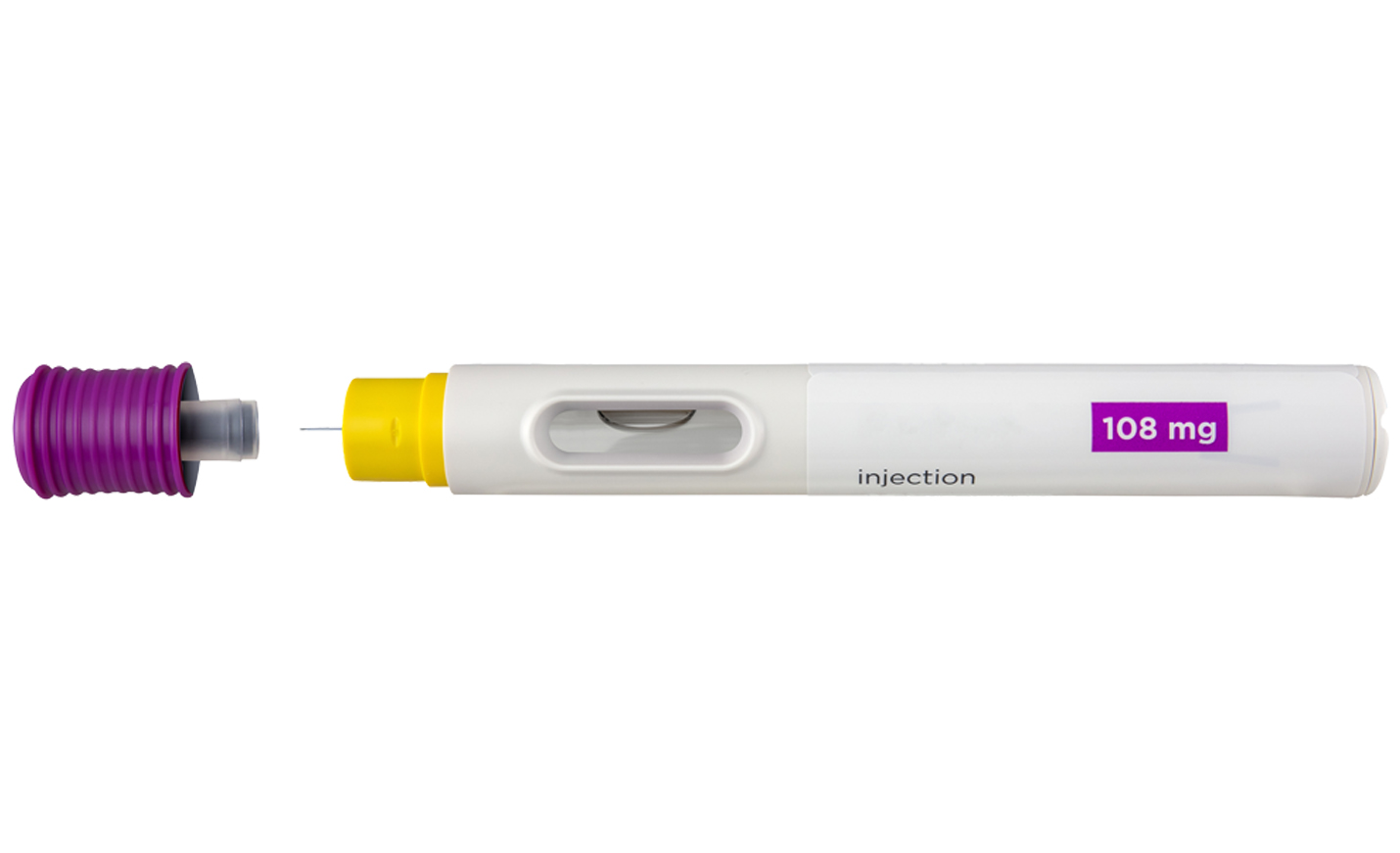Labeling will change for two cholesterol-lowering medications
Effective immediately, FDA has changed the labels on two medications used to bring down LDL cholesterol levels: bempedoic acid (Nexletol) and bempedoic acid/ezetimibe (Nexlizet).
The new language identifies treatment of primary hyperlipidemia “as a qualifier for existing approved populations” and removes a requirement that patients reach their highest tolerated statin dose before initiating bempedoic acid.
Additionally, the update eliminates wording that underscored what previously was an uncertain CV benefit. Findings from the CLEAR Outcomes clinical study have since shown that the agents do indeed curtail CV risk, and full pending label approvals that reflect this evidence are expected within the first 3 months of 2024. ■

CDC issues advisory on urgent need to increase vaccination rates for flu, COVID-19, and RSV
In late 2023, CDC alerted health care professionals concerning the important need to get Americans vaccinated against influenza, COVID-19, and respiratory syncytial virus (RSV) during the 2023–2024 cold season.
According to the agency, respiratory disease activity is trending up, but vaccination rates are trending low.
As of November 18, 2023, pharmacies and physician’s offices had administered 7.4 million fewer doses of influenza vaccine than during the same period of the previous cycle.
Meanwhile, just 17.2% of U.S. adults, 9.6% of pregnant parents, and 7.7% of minors aged 6 months to 17 years have received the latest COVID-19 vaccines as of December 2, 2023. Only 15.9% of adults who are 60 years or older are protected against RSV.
The imbalance of disease activity and low immunization uptake is setting the scene for more severe illness and a greater burden on the U.S. health care system, CDC warned.
Although RSV likely peaked around Thanksgiving, flu and COVID-19 were going strong in early 2024, according to CDC. COVID-19 levels outpaced last season’s peak, but CDC reports that the incidence of acute illness is much lower than when the pandemic was at its worst.
CDC is urging providers to immunize patients in accordance with guidelines now and to recommend antiviral treatment for flu and COVID-19 when appropriate. ■

Cannabis use in pregnancy linked to poor outcomes, says study
Many states have now legalized cannabis, and pregnant patients often turn to the substance to relieve nausea and pain. However, new data reveal a link to negative pregnancy outcomes.
According to recent study findings published in JAMA, unfavorable birth outcomes occurred at a rate of 25.9% with cannabis use versus 17.4% without when researchers analyzed urine samples from more than 9,000 pregnant individuals between 2010 and 2013.
In the multicenter observational cohort, small-for-gestational-age birth, preterm birth, stillbirth, or hypertensive disorders in pregnancy were more frequent in pregnant individuals with cannabis exposure.
Ongoing cannabis use and greater levels of exposure tracked with higher risk, researchers reported.
Of particular concern was the especially robust association between cannabis use and low birth weight, although preterm birth, stillbirth, and preeclampsia were identified as other poor outcomes. ■

Study seeks to understand weight gain after stopping GLP-1 weight loss drug
A new study published in JAMA concludes that long-term use of the GLP-1 receptor agonist tirzepatide may be necessary to prevent weight gain.
For participants who were obese or overweight without diabetes, researchers found that stopping tirzepatide led to substantial regain of lost weight, whereas continued treatment maintained and augmented initial weight reduction.
The research, also known as the SURMOUNT-4 randomized clinical trial, centered around 670 patients who took the drug for 36 weeks, during which time they lost an average of 20% of their initial body weight.
Investigators then compared outcomes in participants who continued to receive a high dose of the drug for a year with those who were switched to a placebo.
Those still receiving active treatment went on to lose another 5.5% of their body weight, but those who discontinued tirzepatide gained an average 14% of the lost weight back.
The trial was conducted at 70 sites in four countries. ■

FDA approves safety labeling changes for opioids
FDA has given final approval to required safety labeling updates for opioids. The updates, first included in an April 2023 drug safety communication, include the addition of language stating the risk of overdose increases with higher doses for all opioid analgesics and that immediate-release opioids should not be used for an extended period of time unless a patient’s pain is so severe that it cannot be controlled otherwise.
In addition, FDA noted that many acute pain conditions treated in the outpatient setting require no more than a few days’ worth of an opioid analgesic, and that it is recommended to reserve extended-release/long-acting opioids for severe and persistent pain that requires an extended treatment period with a daily opioid analgesic and for which alternative treatment options are inadequate.
The updates also include a new warning about opioid-induced hyperalgesia and information differentiating symptoms of opioid-induced hyperalgesia from those of opioid tolerance and withdrawal.
“Approving these class-wide labeling updates facilitates safer use of these medicines and furthers our goal to reduce the risks of nonmedical use and overdose,” said Patrizia Cavazzoni, MD, director of FDA’s Center for Drug Evaluation and Research, in a press statement. ■

Research looks at Paxlovid for long COVID risk
Paxlovid did not reduce the risk of developing long COVID in vaccinated, non-hospitalized adults, according to new data published in the Journal of Medical Virology.
Within an online observational cohort, treatment with Paxlovid among individuals during the first known COVID-19 infection was not associated with a lower prevalence of patient-reported long COVID symptoms more than 90 days after infection.
The data found that about 21% of survey participants who had symptomatic improvement with Paxlovid went on to report rebound symptoms. Also, nearly 26% of patients who completed treatment and tested negative for COVID-19 reported a subsequent positive antigen test, indicating rebound.
“Treatment was not associated with fewer long COVID symptoms or severe symptoms, although these endpoints were limited by rarity of these outcomes. Rebound symptoms or test positivity after nirmatrelvir [Paxlovid] treatment were not associated with long COVID symptoms,” study authors wrote.
Other recent research studies have suggested that Paxlovid may offer some protection against long COVID.
The data were based on an observational cohort study within the COVID-19 Citizen Science Study, an online cohort study with over 100,000 participants. Data from nearly 4,700 participants were included in the study. They took the survey in November and December 2022, and most respondents were older and had comorbidities.
The primary outcome was one or more self-reported prevalent long COVID symptoms, based on the WHO’s definition of long COVID. Symptoms queried included fatigue, shortness of breath, confusion, headache, altered taste and smell, joint pain, muscle aches, cough, chest pain, scratchy throat, nausea, vomiting, diarrhea, fever, chills, red or painful eyes, sore throat, and other.
The primary limitation, authors noted, was the study’s observational design. Also, the survey did not include objective measures of post-COVID outcomes or all long COVID-19 symptoms. ■

FDA finalizes guidance on benzene carcinogen in drugs
In final guidance that takes effect immediately, FDA restricted manu-facturers from using benzene in new and existing prescription drugs as well as nonprescription interventions.
Benzene is a known carcinogen. Certain hand sanitizers and aerosol drug products have been recalled due to benzene contamination.
Levels of benzene as high as 100 parts per million (ppm) or greater were considered acceptable before FDA’s new rule. However, FDA warned in December 2022 and again 1 year later that any drug containing more than 2 ppm of benzene would be deemed adulterated and should be recalled.
FDA is urging pharmaceutical companies to take action as soon as possible to reformulate drug products that use inactive ingredients made with benzene. The official guidance includes reporting categories and documentation needed to reformulate with immediate-release solid oral, topically applied liquid and semisolid, modified-release solid oral, and oral suspension dosage forms. ■
